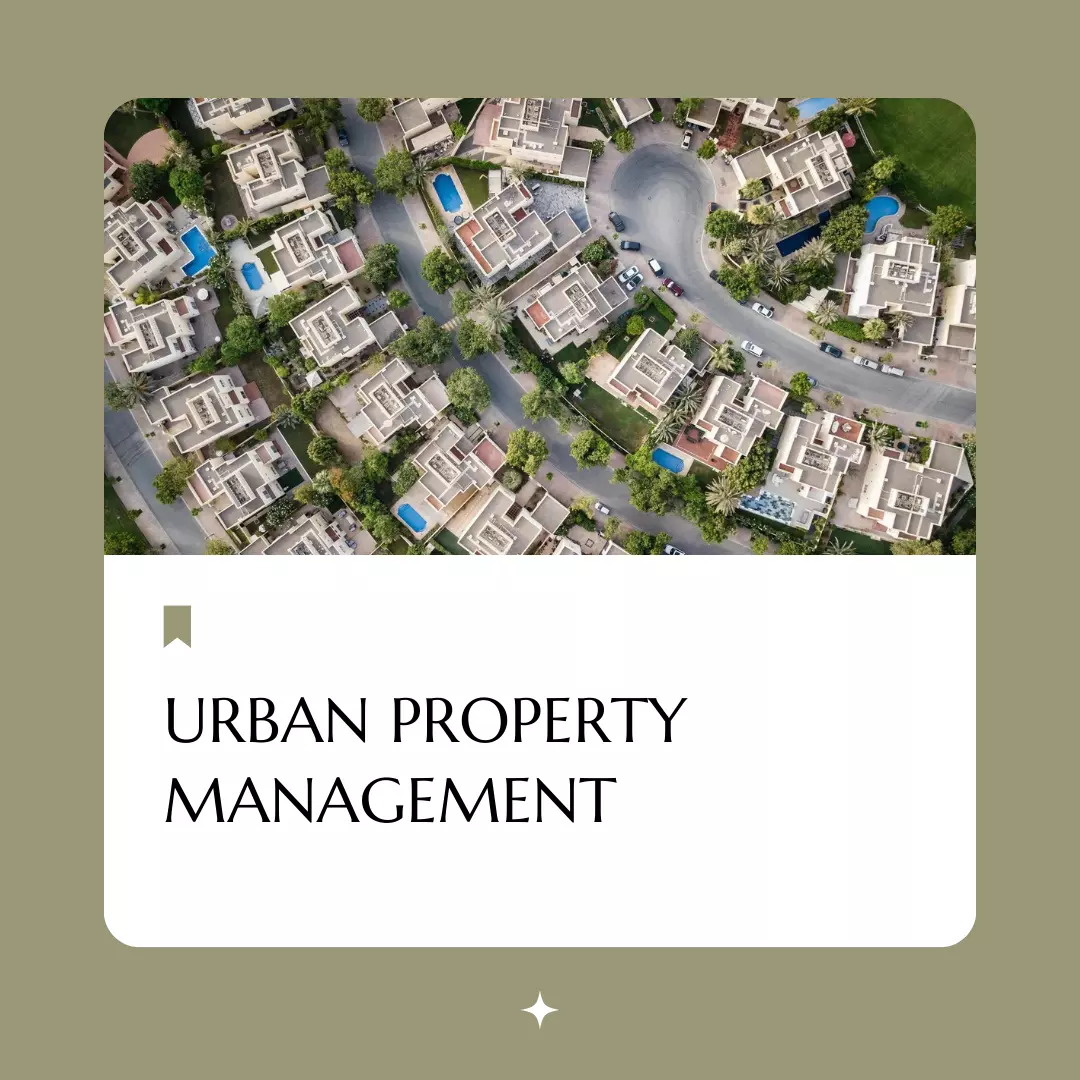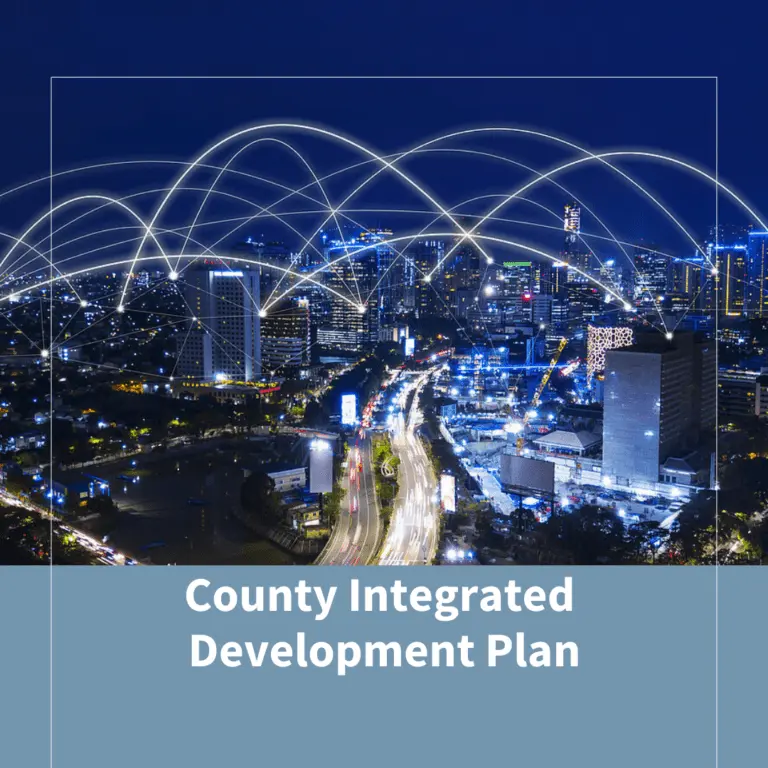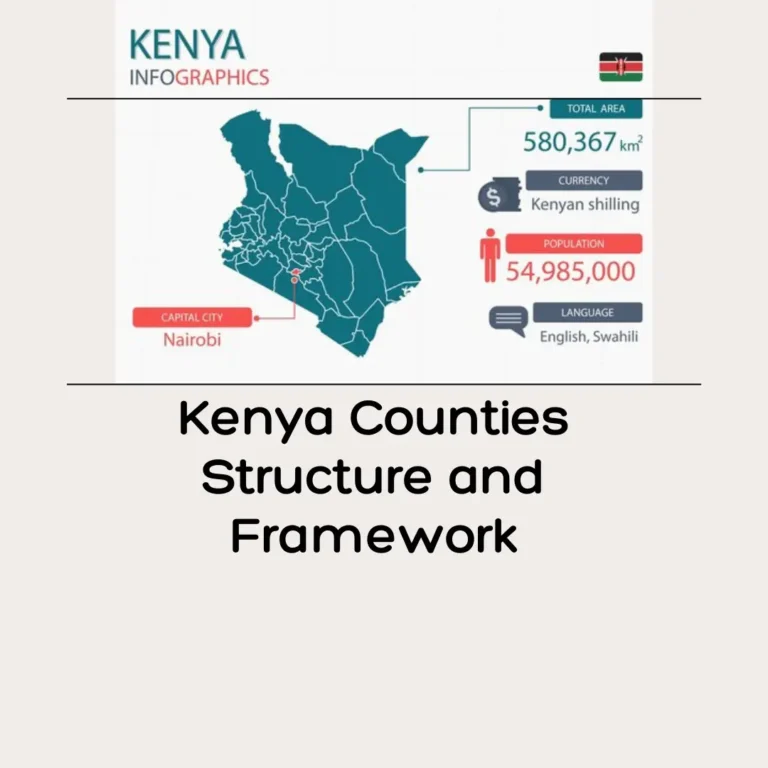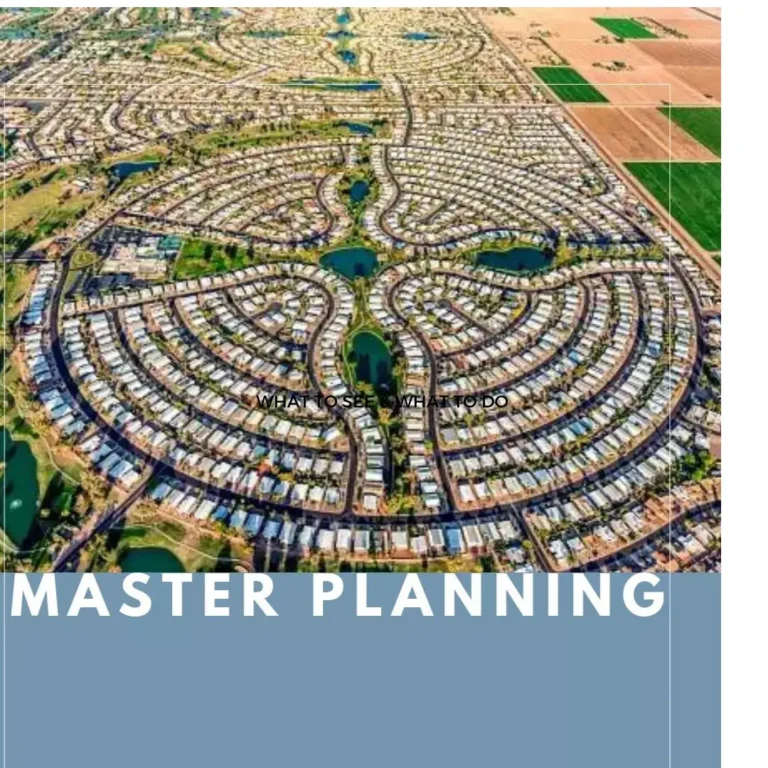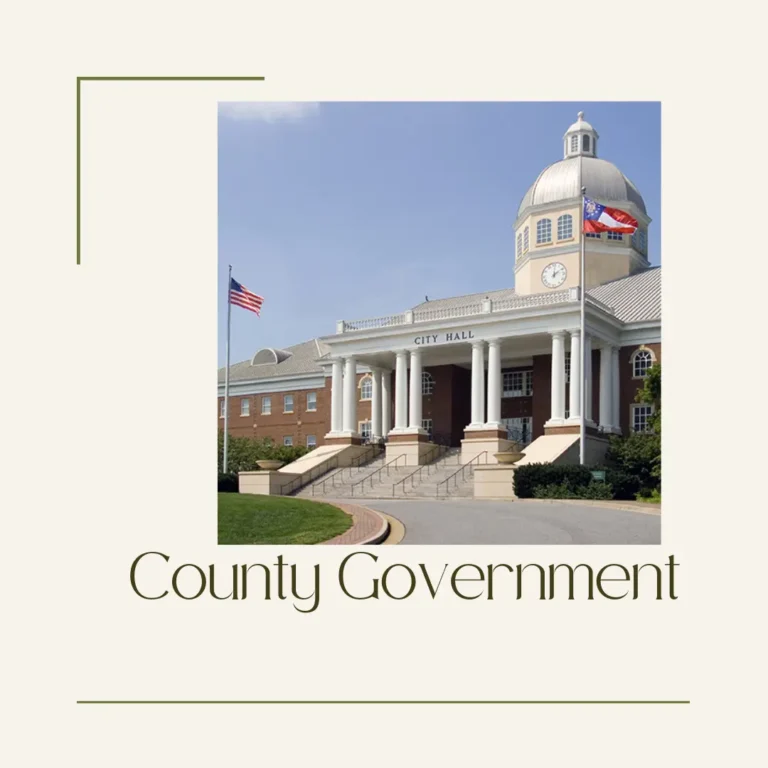As our cities continue to grow and evolve, the importance of effective urban property management becomes increasingly evident. With the rapid urbanization of our world, the need for sustainable, efficient, and innovative property management practices has never been more crucial.
Proper urban planning and county integrated development plan for the future is the way to overcome challenges as well as achieve our targeted goals.
Urban property management stands at the crossroads of urban development, economics, land use planning and community well-being. In an era of rapid urbanization, the effective management of urban properties has a direct impact on the livability and sustainability of our cities.
The multifaceted nature of urban property management and how it contributes to the overall advancement of urban areas mentioned in detail.
Understanding Urban Property Management
Urban property management encompasses the management, maintenance, and enhancement of real estate assets within urban environments. It involves a wide range of activities, including property maintenance, tenant relations, financial management, and strategic planning. This ensures that urban properties not only retain their value but also contribute positively to the surrounding community.
The Role of Progressive Urban City Management
Progressive urban city management goes beyond the traditional confines of property management. It involves adopting a holistic approach that considers social, environmental, and economic factors.
By integrating sustainability, inclusivity, and innovation, progressive urban city management aims to create vibrant urban spaces that cater to the needs of diverse populations.
Challenges in Urban Property Management
Managing properties in urban environments comes with its own set of challenges. Limited space, rising property costs, infrastructure demands, and changing demographics require property managers to think creatively and adaptively.
Effective solutions are essential to tackle issues related to housing affordability, resource efficiency, and community cohesion.
Sustainable Solutions for Urban Property Management
Sustainability lies at the core of modern urban management. Implementing energy-efficient systems, utilizing green spaces, and adopting environmentally friendly construction practices contribute to sustainable urban development. These initiatives not only reduce the carbon footprint but also create healthier and more livable environments.
Leveraging Technology for Efficient Management
Technology plays an important role in streamlining property management processes. From smart building systems that monitor energy consumption to digital platforms that enhance tenant communication, technological advancements are revolutionizing the way urban properties are managed. This integration of technology improves efficiency, reduces costs, and enhances the overall resident experience.
Enhancing Livability through Effective Planning
Urban management is intrinsically linked to urban planning. Thoughtful and inclusive planning ensures that properties are situated in well-connected neighborhoods with access to essential amenities.
By fostering walkability, reducing congestion, and promoting mixed-use developments, property managers contribute to creating livable urban communities.
Collaborative Governance and Stakeholder Engagement
Successful urban management relies on collaboration between property owners, local governments, residents, and businesses.
Engaging stakeholders in decision-making processes fosters a sense of ownership and ensures that the management strategies align with the needs of the community.
Balancing Economic Growth and Community Welfare
Property management is not only about financial gains but also about social responsibility. Striking a balance between economic growth and community welfare is crucial. Property managers need to consider the long-term effects of their decisions on both the property’s value and the well-being of residents.
Case Studies: Exemplary Urban Property Management Initiatives
Examining real-life case studies provides insights into successful urban property management practices. These case studies highlight innovative approaches, such as mixed-income housing projects, adaptive reuse of historical buildings, and community-driven development, showcasing how effective property management can transform urban landscapes.
Investing in the Future: Professional Development in Property Management
As the field of property management evolves, continuous learning and professional development become essential. Property managers need to stay updated with the latest industry trends, regulations, and technologies to ensure they can adapt to changing urban dynamics effectively.
Trends Shaping the Future of Urban Property Management
The future of urban property management is exciting and dynamic. Emerging trends such as co-living spaces, integrated technology ecosystems, and data-driven decision-making are poised to reshape how urban properties are managed, enhancing the overall urban experience.
Fostering Resilience: Adapting to Urban Shocks
Urban properties must withstand various shocks, from natural disasters to economic downturns. Explore strategies that make urban properties resilient to shocks and ensure their continued functionality and value.
Cultural Preservation: Safeguarding Heritage in Urban Property Management
Urban development should respect and preserve cultural heritage. Learn how urban property managers can contribute to preserving historical sites and integrating cultural elements into modern spaces.
Ethical Dimensions: Equity and Inclusivity in Urban Property Management
Ethics play a significant role in property management. Delve into the ethical considerations of providing equitable access, inclusivity, and fair treatment in urban management.
Sustainability Metrics: Measuring the Green Impact
Measuring the impact of sustainable practices is crucial. Uncover the metrics and indicators used to assess the environmental and social sustainability of urban property management initiatives.
Data-Driven Insights: Urban Property Management Analytics
Data-driven decision-making transforms property management. Discover how analytics and insights derived from data enhance operational efficiency, tenant satisfaction, and resource allocation.
Disaster Preparedness: Crisis Management for Urban Properties
Urban properties must be prepared for emergencies. Learn about disaster response plans, risk mitigation strategies, and crisis management protocols in the realm of property management.
Financing the Future: Innovative Funding for Urban Property Projects
Innovative financing models fuel urban development. Explore creative funding avenues such as public-private partnerships, impact investing, and crowdfunding that drive urban property management projects.
Policy Frameworks: Government’s Role in Urban Property Management
Government policies influence property management. Understand the role of regulatory frameworks, zoning laws, and incentives in shaping the urban property landscape.
Advancing Aesthetics: Art Integration in Urban Property Spaces
Art enhances urban environments. Delve into the ways art and creative design are integrated into urban properties, fostering aesthetic appeal and cultural enrichment.
The Human Touch: Enhancing Tenant Experience
The tenant experience is paramount. Learn how property managers create comfortable, engaging, and service-oriented spaces that cater to the needs and preferences of tenants.
Adaptive Reuse: Transforming Spaces for Contemporary Urban Needs
Adaptive reuse breathes new life into old spaces. Explore how urban property managers repurpose existing structures to meet modern needs while preserving historical significance.
From Megacities to Micro-Communities: Diverse Urban Management Approaches
Urban property management varies across scales. Examine management approaches in megacities and micro-communities, highlighting the distinct challenges and strategies they require.
Conclusion
Urban property management is a vital component of progressive urban city management. By focusing on sustainability, innovation, and community engagement, property managers contribute to the development of urban spaces that are not only economically viable but also socially and environmentally enriching
FAQs
What is urban property management?
Urban property management involves the management, maintenance, and enhancement of real estate assets within urban environments.
How does technology impact property management?
Technology improves efficiency in property management through smart systems, communication platforms, and data-driven insights.
What challenges do property managers face in urban settings?
Property managers in urban areas face challenges related to limited space, rising costs, and the need for sustainable solutions.
How does sustainable property management benefit communities?
Sustainable property management reduces environmental impact and creates healthier, more livable urban environments.
What role does community engagement play in property management?
Community engagement fosters collaboration, aligning property management strategies with the needs of residents.
